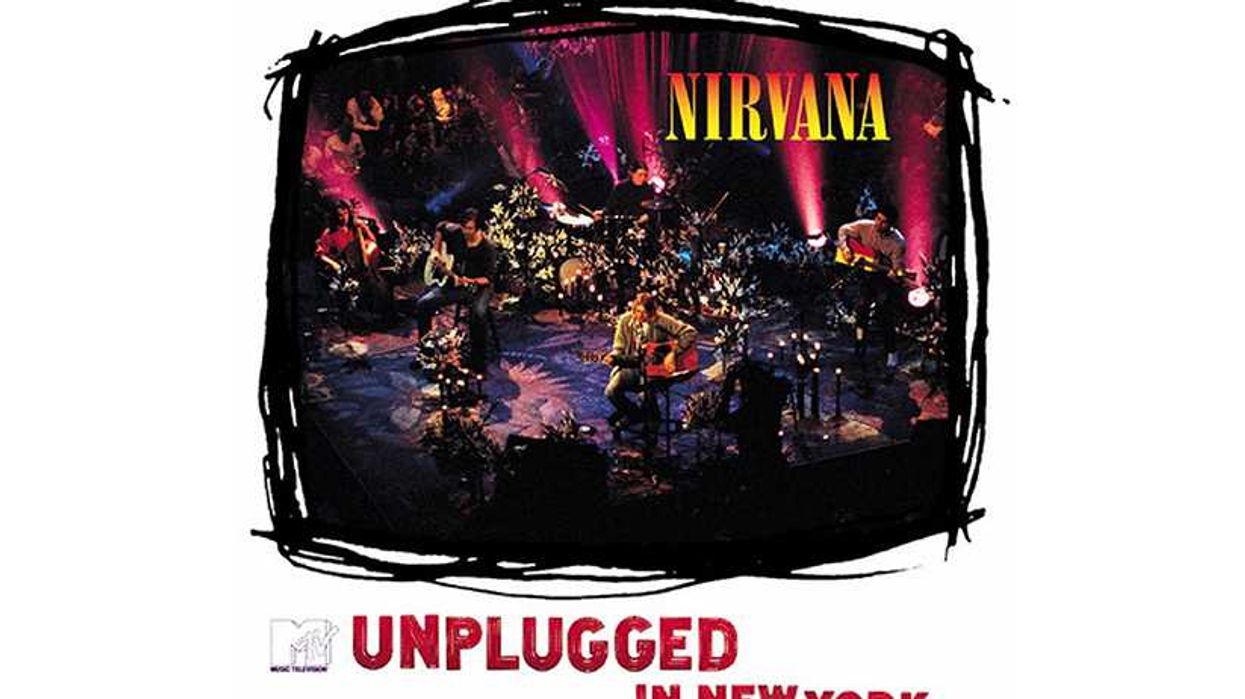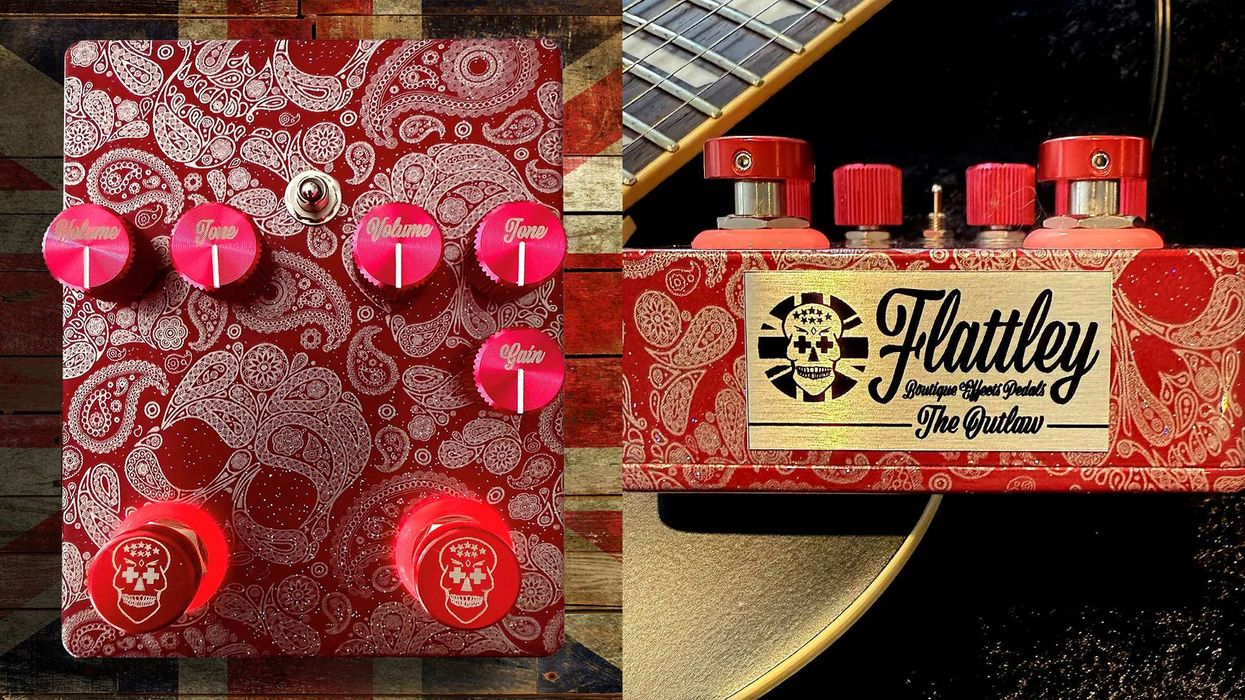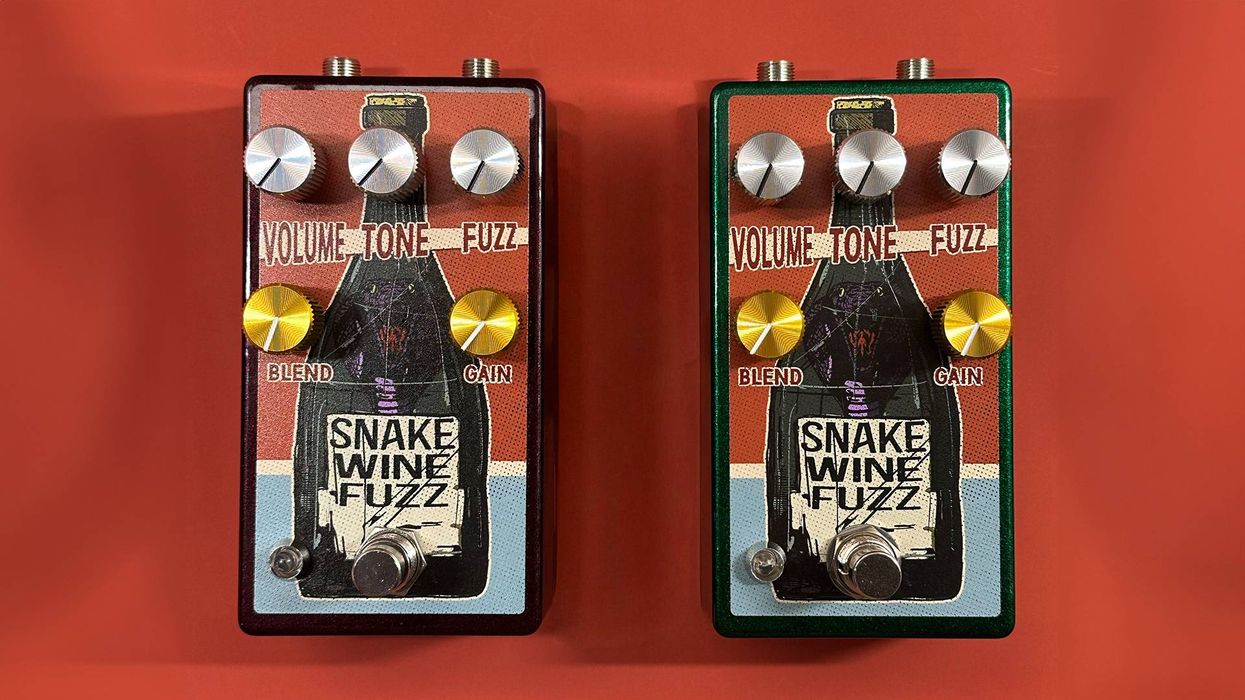The music world is still reeling from Jeff Beck’s death earlier this year. The legendary guitarist, renowned by both fans and many of his peers as the greatest of all-time, passed away on January 10 at the age of 78.
ATCO/Rhino honors the two-time Rock and Roll Hall of Famer’s immeasurable legacy with a three-song EP of unreleased music. Two of the songs were played at Beck’s memorial service, which was held on February 3 at St. Mary’s Church in Beddington, England. Jeff Beck Tribute is available today digitally.
Listen HERE.
The EP opens with “Midnight Walker Lament,” which combines the instrumental “Midnight Walker” from 18 (Beck’s 2022 album with Johnny Depp) with a spoken word poem by Imelda May written at Jeff’s suggestion and approval, which sadly was first performed live to track at his funeral. An Irish singer and poet, May first appeared with Beck on Rock ’n’ Roll Party (Honoring Les Paul), a live album he released in 2011 as a tribute to pioneering guitarist Les Paul.
Opera singer Olivia Safe, another Beck collaborator, appears on the EP’s live version of “Elegy For Dunkirk.” Beck released a studio version featuring Safe in 2010 on his Grammy-winning album, Emotion & Commotion. At Beck’s memorial in February, Safe sang composer Gabriel Fauré’s “Requiem: In Paradisum.”
Jeff Beck Tribute ends with a blistering live version of “Going Down” recorded in Paris. Beck performed this Freddie King rocker live throughout most of his career. On this version, he’s backed by bassist Rhonda Smith, drummer Jonathan Joseph, vocalist Jimmy Hall, and guitarist Carmen Vandenberg.
“Imelda’s poem on ‘Midnight Walker Lament’ on top of Jeff’s beautiful guitar work brings tears to my eyes. ‘Elegy for Dunkirk’ featuring Olivia Safe is a reminder of how Jeff’s playing, and Opera interact. ‘Going down,’ an up-tempo tune, was played live at Jeff’s funeral with a powerful vocal from Jimmy Hall.” - Sandra Beck
Jeff Beck Tribute
EP Track Listing:
- “Midnight Walker Lament” – Jeff Beck featuring Imelda May *
- “Elegy For Dunkirk” (Live) – Jeff Beck featuring Olivia Safe *
- “Goings Down” (Live) – The Jeff Beck Band *
Beck’s widow, Sandra, and his friend and fellow guitarist Eric Clapton will honor the late guitarist’s memory and artistry with all-star concerts at the Royal Albert Hall on May 22 and 23. “A Tribute to Jeff Beck” will feature Doyle Bramhall, Eric Clapton, Gary Clark Jr., Johnny Depp, Billy Gibbons, Kirk Hammett, Imelda May, John McLaughlin, Robert Randolph, Olivia Safe, Rod Stewart, Joss Stone, Susan Tedeschi, Derek Trucks, and Ronnie Wood. The shows also include Rhonda Smith, Anika Nilles, and Robert Stevenson from the Jeff Beck Band.
Profits from the concerts will be donated to the Southern Wildlife Care and Advisory Service (aka Folly Wildlife Rescue Trust), a charity dedicated to rescuing and rehabilitating injured, orphaned, and distressed wild animals and birds throughout West Kent, East Sussex, and the surrounding region. The Becks have been patrons of the charity for years. ATCO/Rhino will also make a donation to the charity in honor of Beck.
For more information, please visit jeffbeck.com.
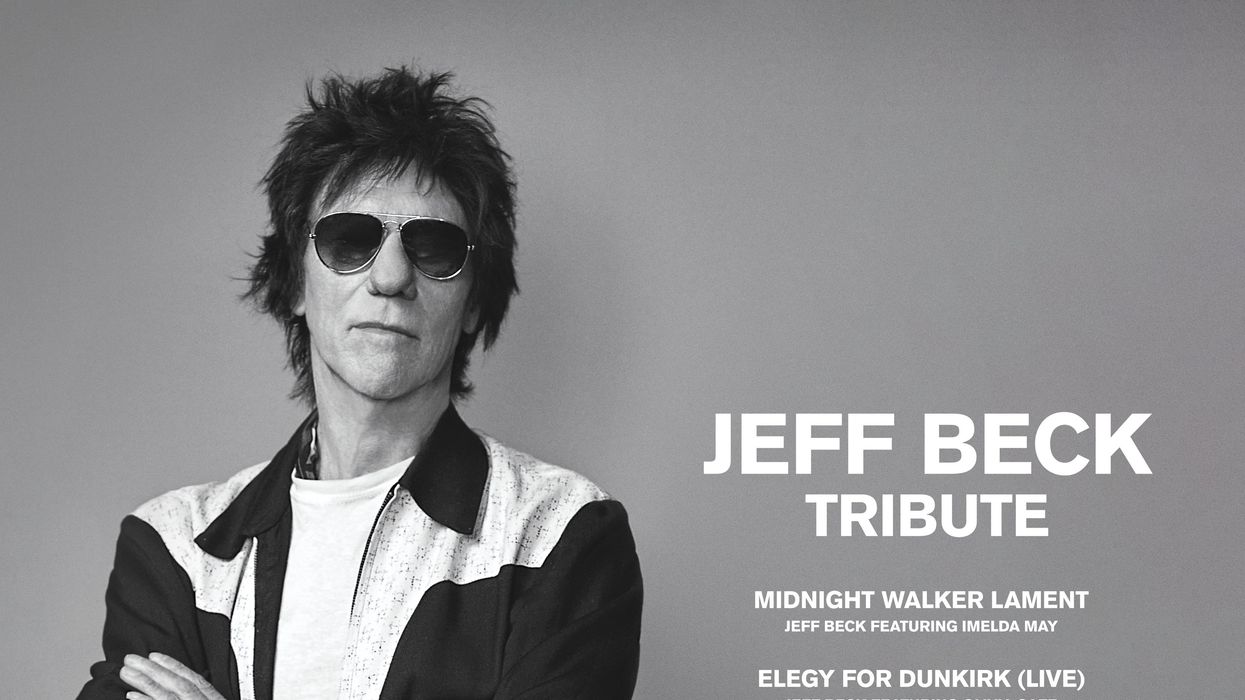
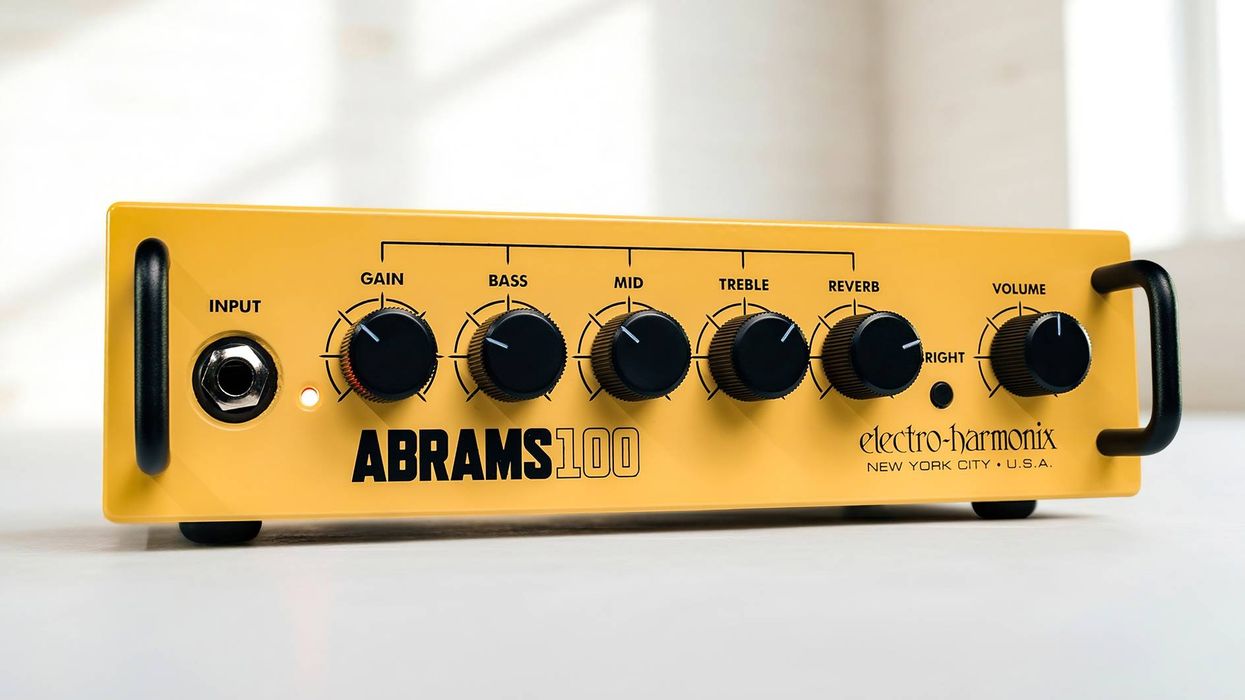
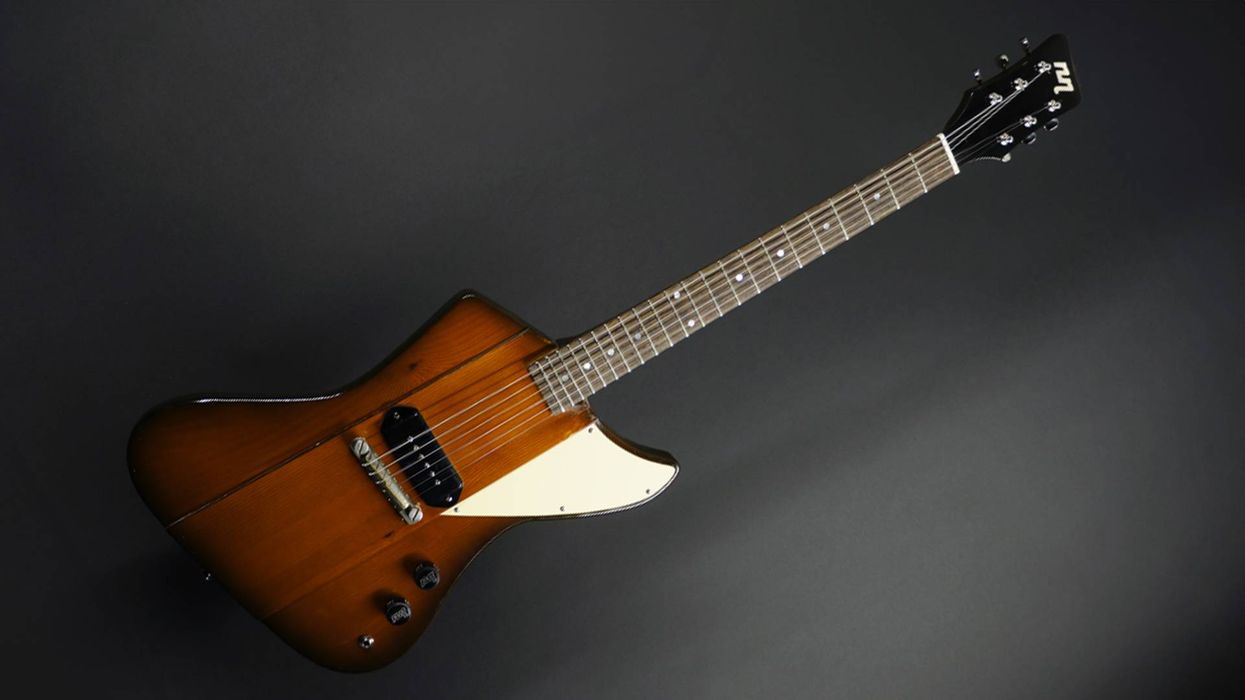
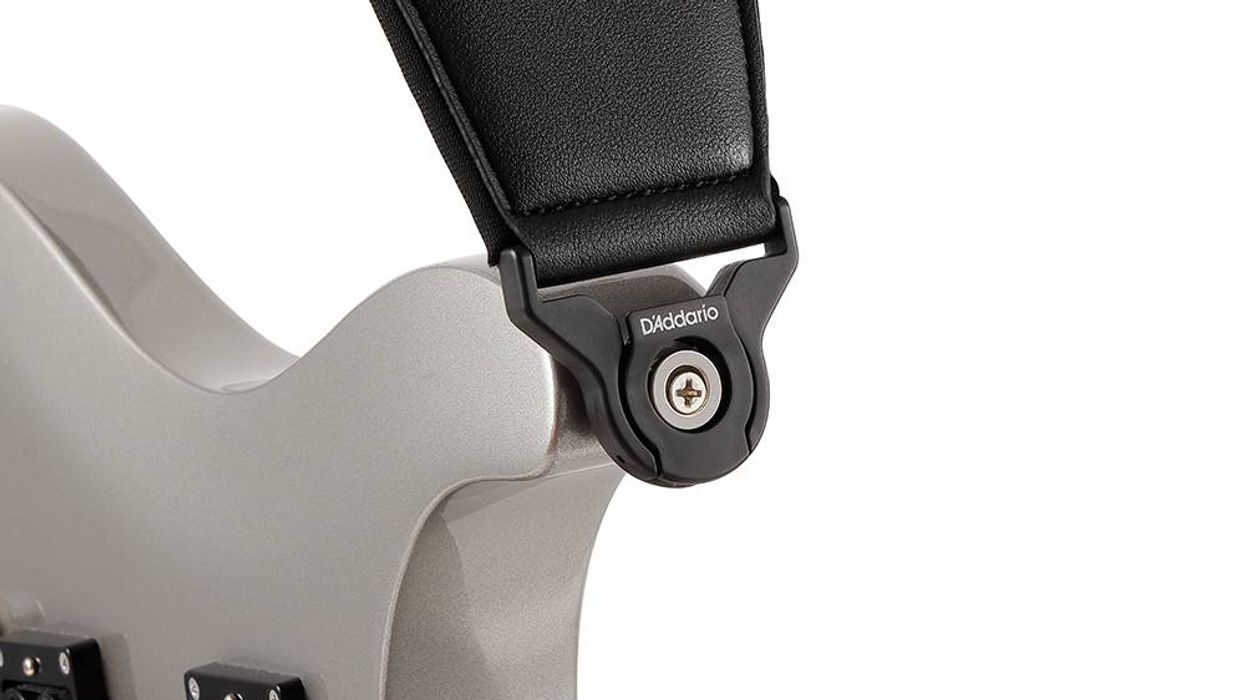
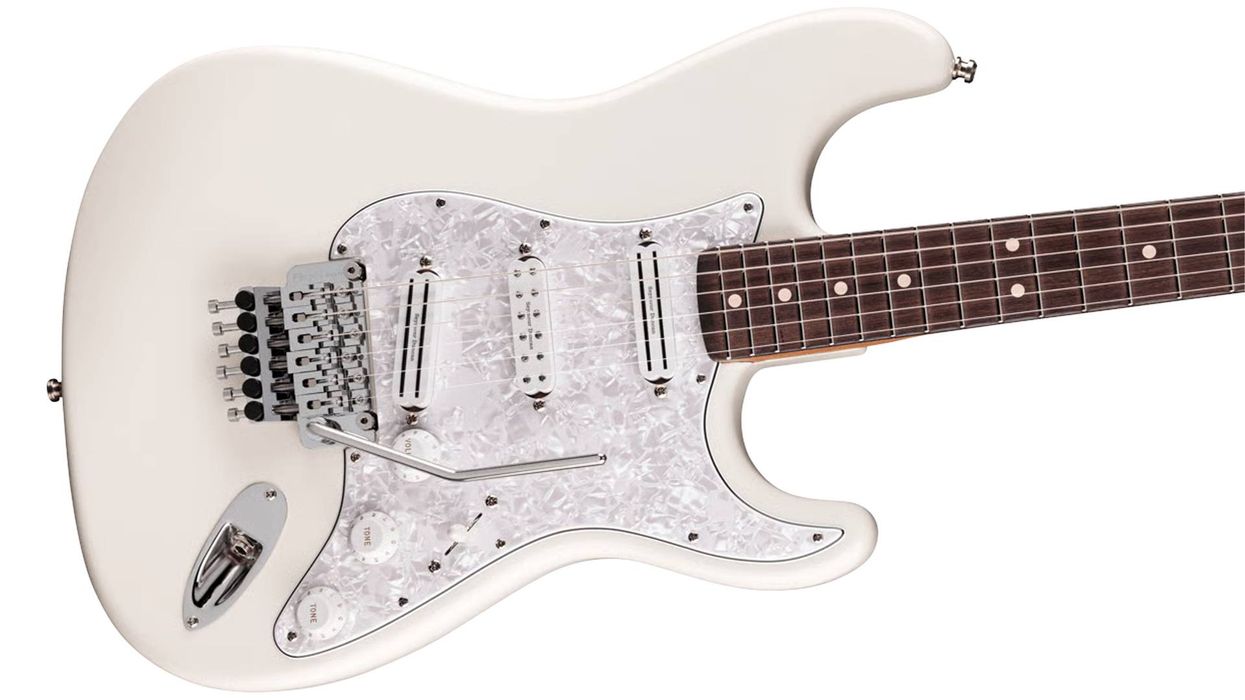


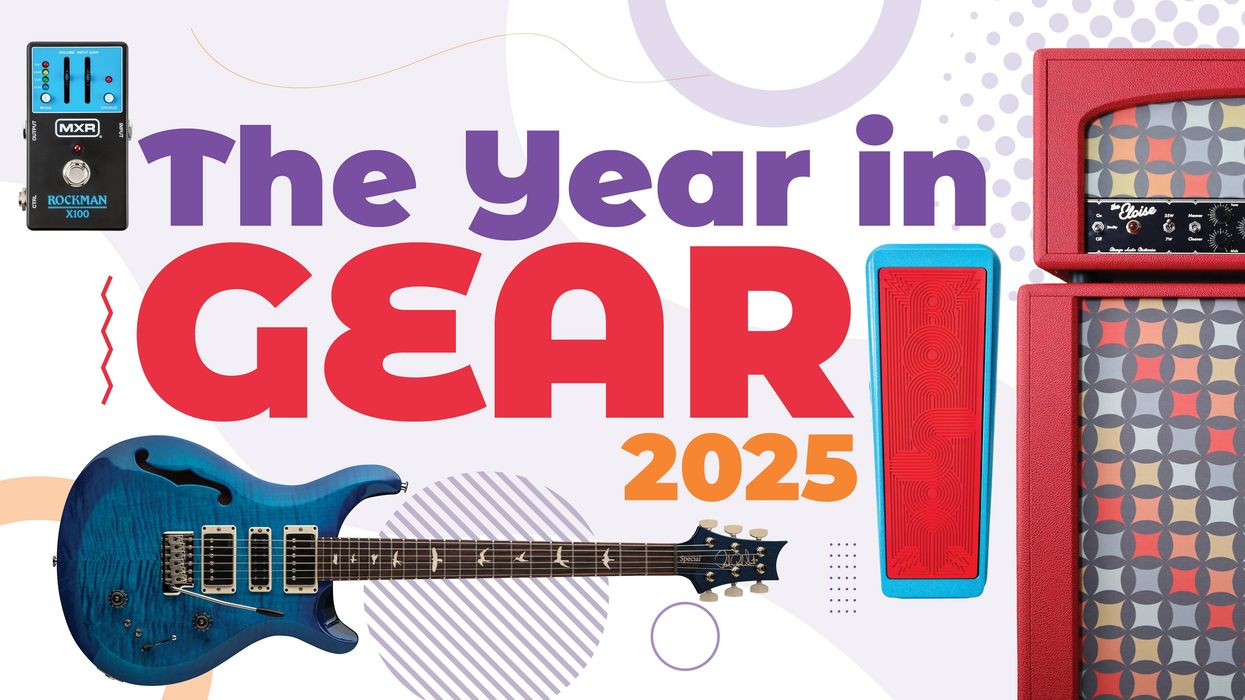

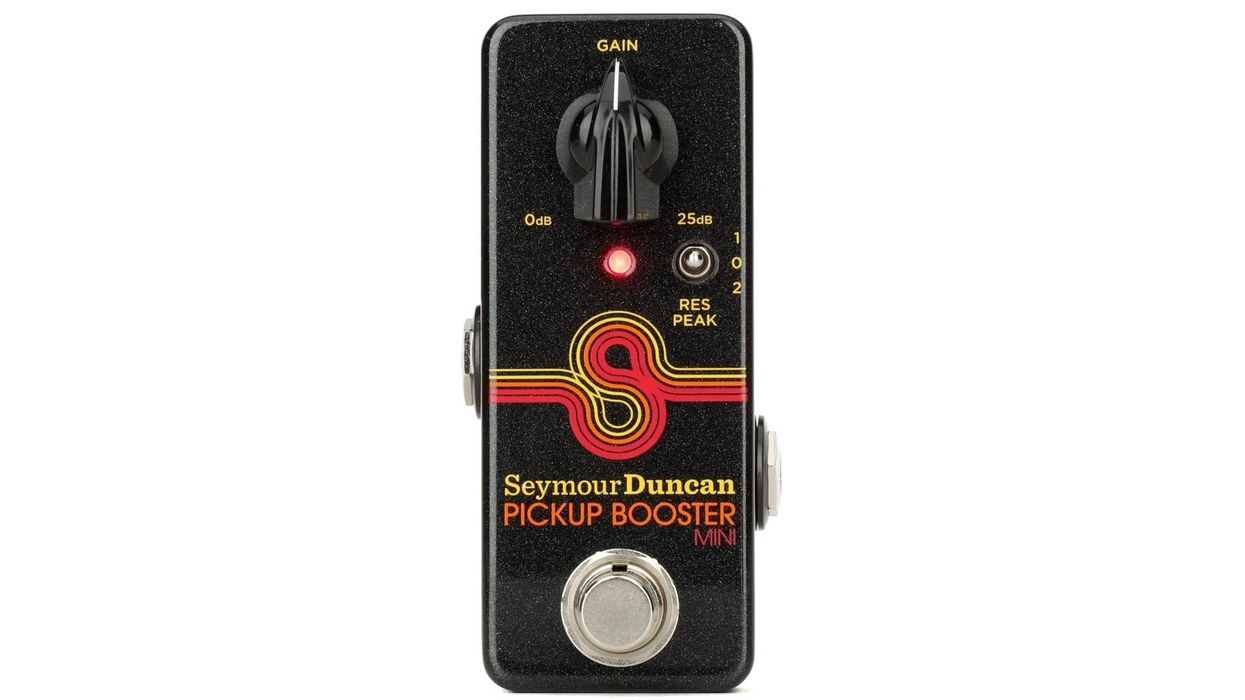
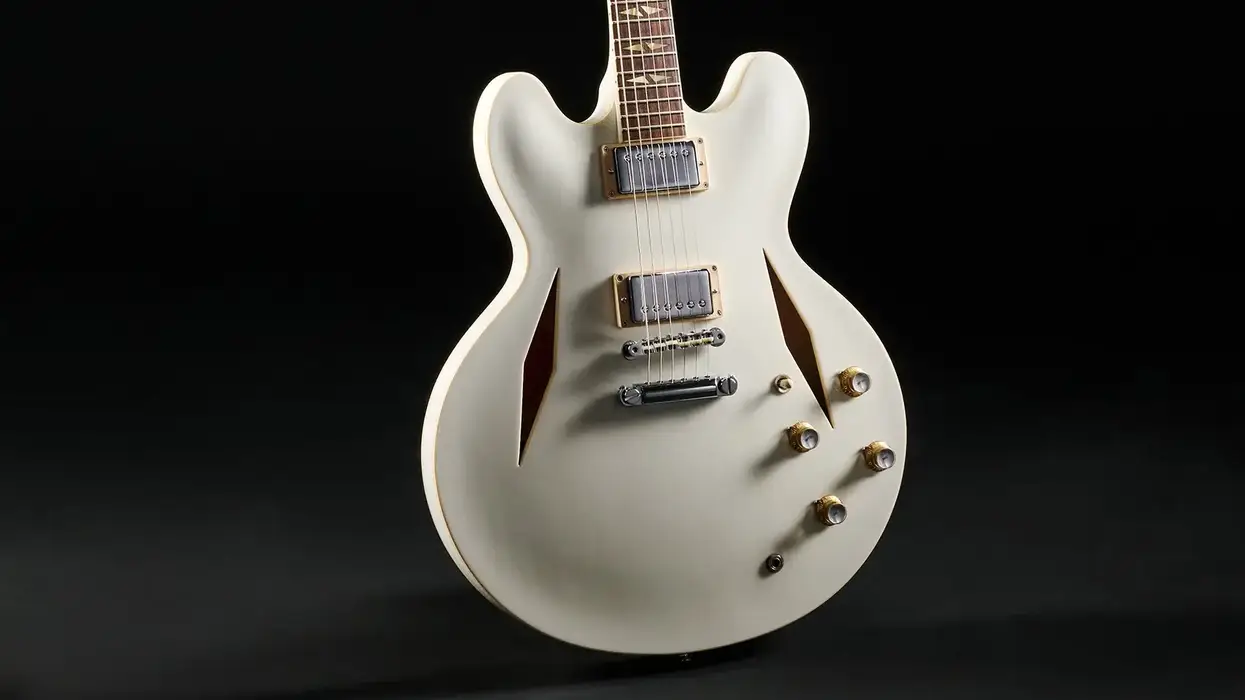
![Rig Rundown: AFI [2025]](https://www.premierguitar.com/media-library/youtube.jpg?id=62064741&width=1245&height=700&quality=70&coordinates=0%2C0%2C0%2C0)
